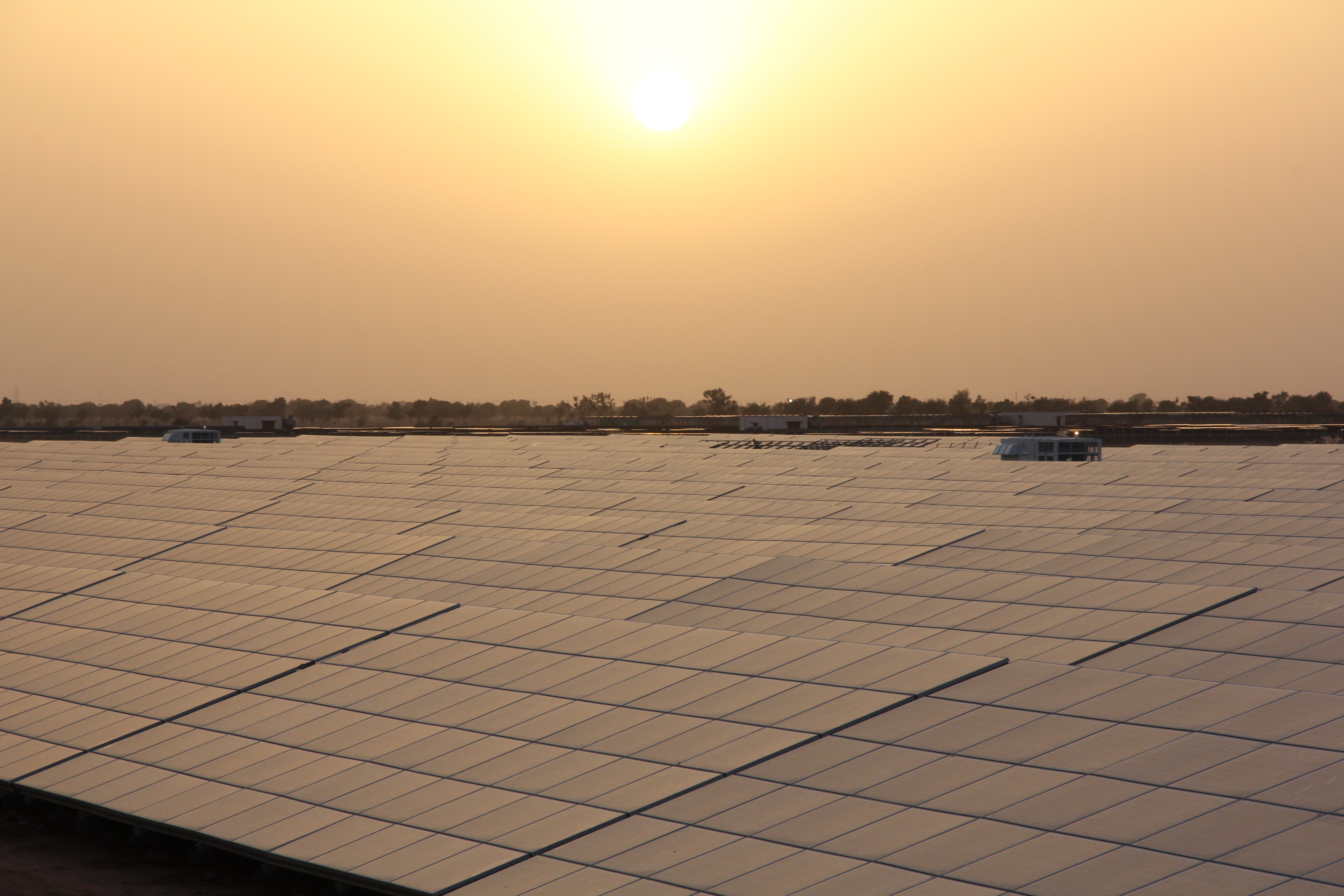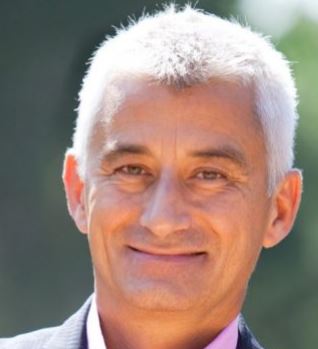Doing business in India: some pointers
Thierry Lepercq, Assistant General Manager of ENGIE, founder of Solairedirect, discusses his international experience, particularly in India, where he quickly found that to succeed you need to change the rules.

Trust and confidence are essential in India!
Thierry Lepercq, Assistant General Manager of ENGIE, executive board member with responsibility for Research & Technology and innovation, discusses his international experience, particularly in India, where he quickly found that to succeed you need to change the rules. After having founded the company Solairedirect in 2006, he developed competitive solar solutions in more than 30 countries. He describes the importance of thinking outside the box and remaining humble if you wish to expand internationally. He is heavily involved in the transformation of the ENGIE Group’s business model.
How did you discover the international scene? How does it fit into your career?
Thanks to my father, a naval officer, as a child I was strongly attracted by adventure and discovery. He even promised us that we’d go on a world tour! In the end, we never left Toulon… the world tour came later thanks to my business activities.
My first contact with the international scene came during a humanitarian project. Along with a handful of other students from the HEC, I arrived in a rural village in India full of innocent enthusiasm, with high hopes of saving the world. We quickly found that this simply wasn’t going to happen… In the end, working under the orders of the village chiefs, surrounded by violent caste conflicts, we helped to build a house. This experience came as a great culture shock. What we took away from it, was the realisation that it takes a great deal of effort and humility to see things the way other cultures do.
During the 1980s, I lived and worked in New York at a time when the world was emerging from an economic crisis. This was also a very important experience for me, as I witnessed a cultural diversity which France did not offer at that time.
When I came back, my career tended to be rather France-focused. The international dimension returned once again when I founded Solairedirect, which has since become part of the Engie Group.
Do you have any particular recollection of any stories or anecdotes which illustrate the impact culture can have on our professional behaviour?
I created Solairedirect in 2006. In 2009, we decided to go international and to launch in India.
We quickly learned that to succeed, we needed to change the rules. So, from the outset we made a point of working with 100% Indian teams.
We recruited a business developer who had the task of building up a team and becoming a country manager.
We tendered for business, and that’s where the surprises began. Everywhere you go, you hear the same clichés the moment you step outside Europe: corruption, manipulation, conflicts of interest, etc. In reality, the tenders in which we participated were very transparent. We made the most of this transparency and offered the lowest prices, -40% below those practised in India, and we succeeded in winning business! Not only did we succeed, but the Indian press generated plenty of buzz about us because they wondered where we’d suddenly appeared from.
In the space of a year, our colleague had set up his teams, found a site, obtained the necessary authorisations and handled the project engineering aspects, etc., always using 100% Indian financing! We organised a partnership between an Indian company and a Chinese company to produce “Made in India” products at Chinese price levels. We favoured local technology. At that stage, we entered our “construction phase”, still working with Indian companies. On the first worksite there were animals, children and workers without helmets. It was just another world in every respect... For the following sites, we changed all that.
What we achieved was a whole new genre of business model: Indian methods but European results. No one could do better. A relationship based on trust and confidence quickly developed between India and this French firm, who’d simply appeared from nowhere. We really changed the rules.
Trust is vital in India. For example, at one point we experienced a management problem. Rather than place someone over the Indian manager we had initially recruited, with a better educational level and from a higher caste, etc., we instead chose to invest in him and to coach him. When you tell an Indian co-worker “I trust you” and “I’m counting on you”, you earn his loyalty and you forge an unbreakable bond with him.
After India, there were many other countries around the world, but always adopting the same approach.
What’s your opinion of the French abroad?
To do business abroad, you need to show plenty of humility, a willingness to learn from others and a genuine sense of curiosity. You must also learn to trust people and adopt a “hands-off” approach… The French would certainly benefit from adopting this approach when trying to gain business internationally!
We are very good at getting down to what matters and creating systems. This is also one of the reasons for which our foreign partners are interested in doing business with France. But it’s also a handicap for us because the temptation to present France’s benefits as a kind of ‘catalogue’ still persists. It’s simply untrue to say that we can do everything and do it better than the others. Among our highest-placed decision makers, not enough consideration is given to what our competitive advantages are, and how to leverage these against our competitors. Once again, we need humility.
When the French look at the Versailles palace, the Louvre and their history, etc., it’s easy to see why they are proud. At the same time, it’s also easy to understand why they find it so difficult to make headway in a multipolar world. There’s a certain French insularity which cannot be denied, related to what is sometimes a very poor understanding of what’s happening in the world, and here I’m talking about our top decision makers, including politicians. It’s very regrettable that this situation still exists despite having a France which is very open, diverse and international, etc.
Could you expand on this?
I’m optimistic when I look at France’s extraordinary cultural heritage, but I regret the widespread climate of naivety. For example, every year I visit the CES, the largest tech show in Las Vegas. It’s extremely varied. In short, it covers everything from French Tech to Toyota. French Tech is well represented there, which is good, and we see young, smiling, relaxed people in T-shirts standing in front of the banners and displays… The image that this creates, if I can be rather direct, is one of a funfair with a French flag stuck on top of it, stood next to the major shrines to hi technology, while all the time we’re hearing that France is back… I think we can do better than that.
To conclude, is there anything you’d like to add?
Yes, I’d like to finish with two anecdotes.
When Solairedirect first started, to get local elected representatives involved I talked to them about “value creation” but my colleagues who were used to dealing with elected representatives advised me against it, suggesting instead that I talk about regional development. The intercultural aspect really is one which crops up everywhere.
At an energy summit I attended, there was a roundtable session on the subject of “Easternisation”. A Chinese man was giving a speech and said “I’m Chinese and when I give a speech it’s in English”. This raised a laugh from everyone present. Today, globalisation is still very westernised. We need to learn to change our viewpoint and reach out to others.
Remarks by Thierry Lepercq, DGA ENGIE, interviewed by Akteos
